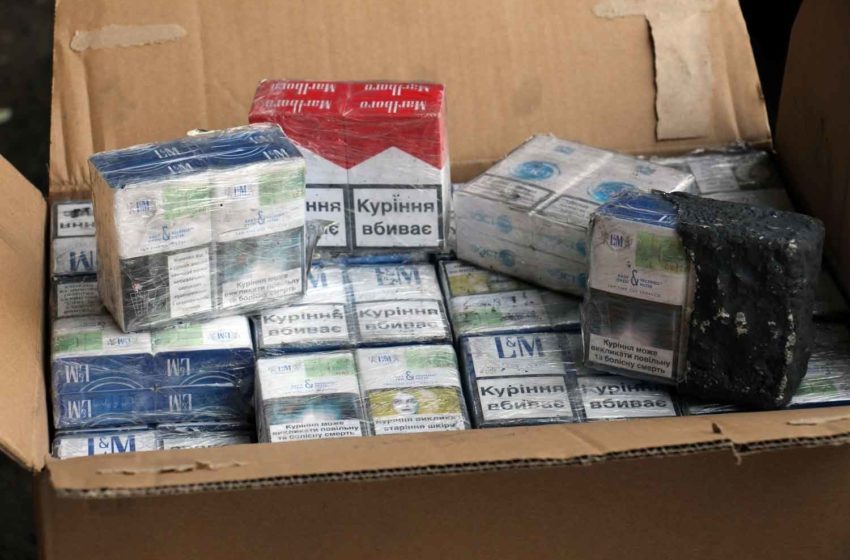Policymakers should consider the risks of encouraging the illicit trade of tobacco products before raising the prices through higher taxes, according to Alvarez & Marshall.
In a 2021 report titled “Causes and Control of Illegal Tobacco,” the U.S. consultancy says that taxation policy and its effect on the affordability of tobacco products is an important factor in the global illegal tobacco trade.
“There is a 97 percent correlation between taxes and tobacco consumption,’’ the A&M report said.
“Illegal trade grows when legal tobacco products become less affordable,” it added. “When cigarette prices rise more quickly than consumer incomes, consumers begin to seek cheaper options and switch to illegal products.”
This suggests that increasing the price of tobacco and reducing affordability encourages smokers to seek cheaper products and creates opportunities for criminals. In other words, less affordable tobacco products result in more illegal trade.
“We find that … if cigarettes become 10 percent more expensive for consumers relative to their income, the share of illegal tobacco will rise by an average of almost 7 percent,” A&M added.
In a separate study, relayed by the Business Inquirer, the EU-ASEAN Business Council and Transnational Alliance to Combat Illicit Trade estimates that governments in Southeast Asia lose tax revenues of about $3.32 billion yearly.
Aside from causing monetary losses to governments and legitimate businesses, the illegal tobacco trade undermines public health initiatives, contributes to underage smoking, and funds organized crime and terrorist activities, according to the EU-ASEAN study.











